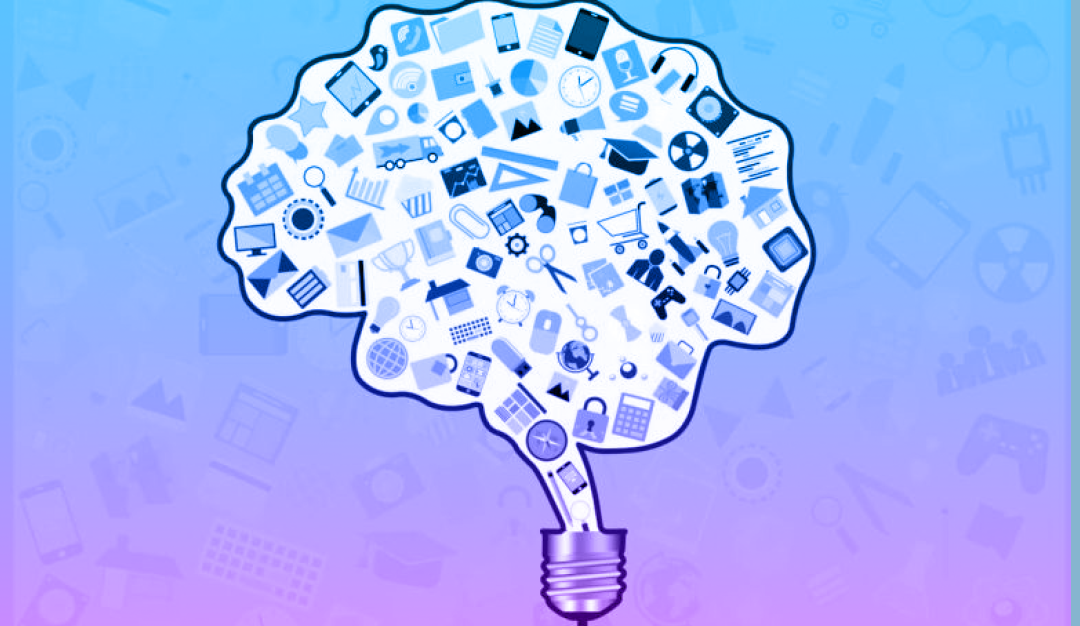May 13th, 2024
by Burhan Drak Sibai, Software Engineer at QueryPal
Tool Fragmentation — Is There a Fix?
Modern tools give us more and better access to data and knowledge than ever. So why do we feel so fragmented, unfocused and unproductive?
In our digital age, workspaces are powered by an array of essential tools: Slack and Microsoft Teams for conversation; Notion, Google Drive and Confluence for organizing thoughts and documents; Jira and Monday.com for keeping track of what needs to be done. These tools are the bedrock of modern industries, enabling collaboration and driving efficiency.
Yet, despite their strengths, these tools often operate in isolation, creating digital islands that hinder productivity and muddle the user experience. We find ourselves in a maze of interfaces, struggling to share information or track progress, which detracts from our main objectives.
The Current State of Fragmentation
Digital workspaces suffer from constant platform switching, affecting how we communicate, manage documents and track tasks. This need to constantly switch contexts — to complete tasks, access documents or update projects — dramatically reduces productivity and focus. Research reveals that the average worker shifts between 10 apps more than 25 times each day and dedicates about 19% of their time to information searches. Such fragmentation marks a notable decline in efficiency across modern work environments.

Root Causes
Fragmentation in digital workspaces isn’t new. It stems from an era before technologies like large language models (LLMs) could help tools understand and work with each other. Most of these tools were designed to excel in their niche, with little thought to integration.
Compounding this issue, the strategic choices made by major tech companies to create comprehensive suites of products — and promote their use — further entrenched these silos. Organizations were nudged toward adopting uniform sets of tools from single providers like Google or Microsoft, often at the expense of utilizing more effective, best-in-class solutions from across the market. While these controlled ecosystems offer certain knowledge management and security benefits, this move inherently stifles innovation and efficiency by limiting the diversity of tools at an organization’s disposal.
Incomplete Solutions
Efforts to unify digital workspaces through native integrations and third-party solutions often limit the ability to create a fully cohesive ecosystem. Take Notion and Slack integrations, for instance: They mainly enable notifications, link sharing and basic page creation, without considering deep integration with an organization’s comprehensive data. These solutions operate in isolation, unable to tap into or analyze broad company data, limiting connections to mere surface-level insights.
Curious about the financial impact of an AI support tool like QueryPal? Check out this calculator we created!


